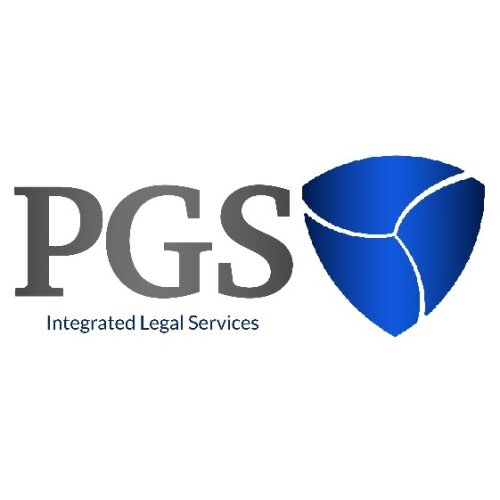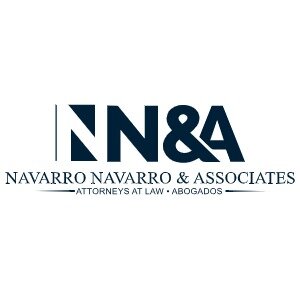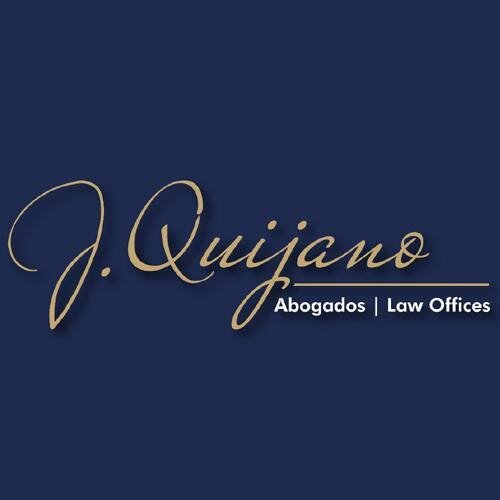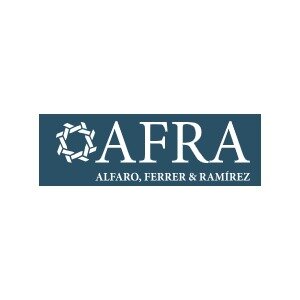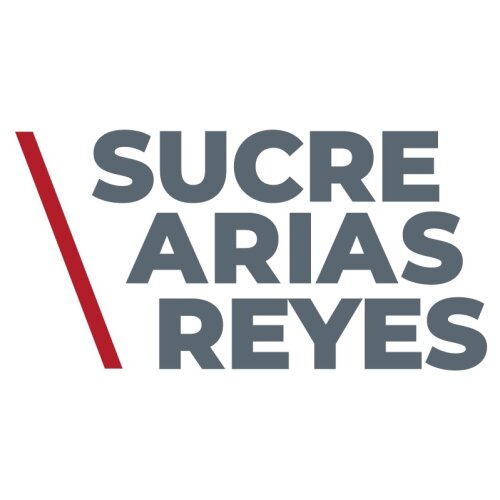Best Real Estate Due Diligence Lawyers in Panama City
Share your needs with us, get contacted by law firms.
Free. Takes 2 min.
Free Guide to Hiring a Real Estate Lawyer
List of the best lawyers in Panama City, Panama
About Real Estate Due Diligence Law in Panama City, Panama
Real Estate Due Diligence is an essential legal process in Panama City, Panama, that involves conducting thorough investigations and assessments before entering into any real estate transaction. It is aimed at protecting buyers and sellers by ensuring transparency, preventing fraud, and identifying potential risks or liabilities associated with a property.
Why You May Need a Lawyer
Hiring a lawyer for real estate due diligence is highly recommended, as they have the legal expertise and knowledge to navigate the complex laws and regulations applicable in Panama City. Some common situations where you may require legal assistance include:
- Purchasing or selling property
- Leasing or renting property
- Investing in real estate
- Undertaking property development projects
- Resolving property disputes or conflicts
Local Laws Overview
Real estate due diligence in Panama City is guided by several laws and regulations that are specifically relevant to property transactions and investments. Key aspects include:
- The Civil Code: Governs property rights and obligations
- The Real Estate Registration Law: Establishes the requirements for property registration
- The Zoning Law: Regulates land use and development
- The Tax Code: Outlines taxation rules and obligations related to real estate
- The Consumer Protection Law: Protects buyers from unfair practices
Frequently Asked Questions
1. What is the purpose of real estate due diligence?
Real estate due diligence is conducted to assess the legal, financial, and physical aspects of a property. It helps buyers and sellers make informed decisions, identify potential risks, and ensure a smooth transaction process.
2. What documents are typically reviewed during due diligence?
Commonly reviewed documents include property titles, permits, zoning regulations, tax records, contracts, tenancy agreements, and any legal disputes or claims related to the property.
3. What are some common red flags to look for during due diligence?
Red flags may include unresolved legal disputes, property liens or encumbrances, zoning violations, environmental issues, building code violations, or inaccurate property boundaries.
4. Can I conduct due diligence on my own?
While it is possible to conduct some basic due diligence independently, it is highly recommended to seek legal assistance to ensure a comprehensive and accurate assessment of the property. Lawyers have the knowledge and experience to identify potential pitfalls and protect your interests.
5. How long does the real estate due diligence process usually take?
The duration of due diligence can vary depending on the complexity of the transaction and the specific requirements. It is advisable to allow sufficient time for thorough investigations, which may range from weeks to several months.
Additional Resources
These resources can provide valuable information and assistance for anyone seeking legal advice regarding real estate due diligence in Panama City, Panama:
- Ministry of Housing and Land Management: https://www.miviot.gob.pa/
- Panama Chamber of Commerce: https://www.panacamara.com/
- Panama Association of Real Estate Brokers and Promoters (ACOBIR): https://acobir.com/
Next Steps
If you require legal assistance or have further questions regarding real estate due diligence in Panama City, it is recommended to:
- Research and shortlist reputable lawyers with expertise in real estate law
- Schedule a consultation to discuss your specific needs and concerns
- Provide the lawyer with all relevant documents and information for a comprehensive assessment
- Review the proposed scope of work and fee structure before engaging the services of a lawyer
- Maintain open communication with your lawyer throughout the due diligence process
Lawzana helps you find the best lawyers and law firms in Panama City through a curated and pre-screened list of qualified legal professionals. Our platform offers rankings and detailed profiles of attorneys and law firms, allowing you to compare based on practice areas, including Real Estate Due Diligence, experience, and client feedback.
Each profile includes a description of the firm's areas of practice, client reviews, team members and partners, year of establishment, spoken languages, office locations, contact information, social media presence, and any published articles or resources. Most firms on our platform speak English and are experienced in both local and international legal matters.
Get a quote from top-rated law firms in Panama City, Panama — quickly, securely, and without unnecessary hassle.
Disclaimer:
The information provided on this page is for general informational purposes only and does not constitute legal advice. While we strive to ensure the accuracy and relevance of the content, legal information may change over time, and interpretations of the law can vary. You should always consult with a qualified legal professional for advice specific to your situation.
We disclaim all liability for actions taken or not taken based on the content of this page. If you believe any information is incorrect or outdated, please contact us, and we will review and update it where appropriate.







